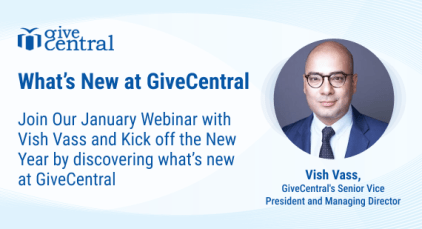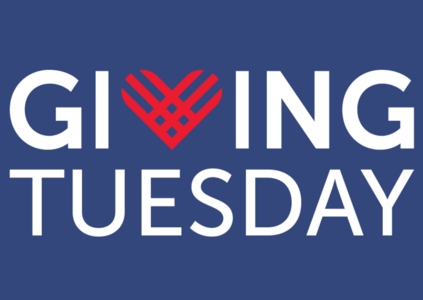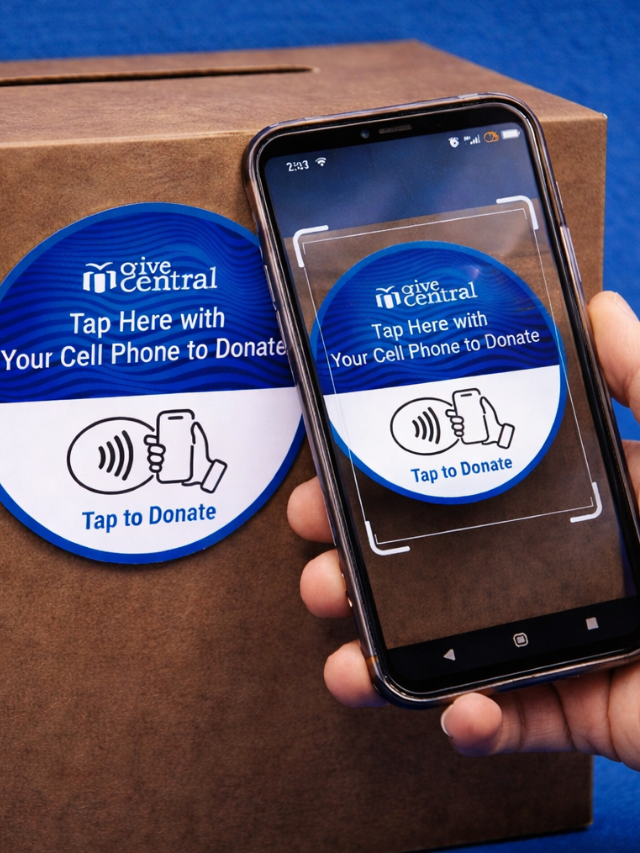If you’re a young professional dreaming of doing work that truly matters, the nonprofit world might be calling your name.
Today’s millennials and Gen Z professionals care deeply about causes—be it education, the environment, social justice, or health care. A college degree may be a starting point, but building a purpose-driven career takes more than just academics. It takes the right mindset, values, and a willingness to grow.
So how do you thrive in a nonprofit job? How do you balance your passion for impact with the demands of real-world work?
Here’s a guide to help young professionals in nonprofits with a practical and honest approach.
1. Do Your Homework Before You Dive In
Before joining any nonprofit organization, take some time to understand what they do and how they do it.
- What is their mission?
- What impact are they trying to create?
- Do their values align with yours?
Research their campaigns, read their impact reports, look at how they engage with their supporters. If possible, talk to someone who has worked there. When your personal goals align with the nonprofit’s mission, your day-to-day work will feel far more fulfilling.
Also, check if the organization supports employee growth and if the culture feels healthy and inclusive. The work may be noble, but the environment should still be one where you can learn, be heard, and grow.
2. Communication Is Everything
In nonprofits, communication isn’t just a skill—it’s a lifeline.
You’ll need to speak clearly and listen closely. Whether you’re talking to a donor, a volunteer, or your own team, building trust through open communication is essential.
Learn to:
- Write an effective email
- Give and receive feedback
- Present your ideas confidently
- Communicate your nonprofit’s mission in a way that inspires others
And remember, the better you communicate, the stronger your relationships will be. Relationships fuel impact.
3. Find a Mentor (Or Two)
You don’t have to figure it all out on your own.
Seek guidance from someone who’s already walked the path. It could be a senior at work, a nonprofit leader you admire, or even a past professor. A good mentor can offer valuable insight, help you avoid common mistakes, and challenge you to grow.
Don’t be shy—most people are happy to support someone who shows genuine interest and respect. And if one mentor isn’t enough, that’s fine too. Having a few people you can turn to for different types of advice can positively shape your journey.
4. Speak Up, But Stay Humble
Nonprofits love fresh ideas. As someone new, you bring a unique perspective that can add real value. So share your thoughts, ask questions, and show initiative.
But remember—humility goes a long way.
You may have the best ideas in the room, but how you deliver them matters just as much. Be respectful of others’ experiences. Learn from what’s been done before. Understand the “why” behind current systems before trying to change them.
Show that you’re here to learn, not just impress.
5. Learn to Work With People
At the heart of every nonprofit is its people—donors, volunteers, communities, and staff.
This is not a solo mission. To succeed, you’ll need to build empathy and emotional intelligence. Learn how to read the room. Understand different motivations. Be a team player who lifts others up.
If you’re leading a fundraiser or outreach project, take time to understand who you’re reaching out to. What drives them to support the cause? What language connects with them? This understanding can turn one-time supporters into long-term champions.
6. Take Risks and Embrace Failure
The nonprofit world isn’t always predictable. Projects may change direction. Budgets can shift. Fundraising ideas may not always work.
Don’t let that scare you. Let it teach you.
Taking calculated risks is part of growth. If you try something new—whether it’s a fresh campaign idea or a new donor engagement strategy—and it doesn’t work out, you’ll still walk away with lessons that no textbook could teach you.
Be brave enough to try. Be humble enough to learn.
7. Take Care of Yourself Too
There’s no doubt about it—nonprofit work can be emotionally demanding.
You’re often dealing with big challenges, tight timelines, and limited resources. That’s why self-care isn’t a luxury; it’s a necessity.
Figure out what keeps you balanced. Maybe it’s early morning walks, a quiet coffee break, journaling, or spending time with family. Whatever helps you reset—make time for it.
You can only give your best to others when you’re taking care of yourself first.
8. Be Patient and Transparent
Impact takes time.
You may not see instant results from your efforts, and that’s okay. Change—real, meaningful change—often unfolds slowly.
Keep your team updated. Share what’s working and what’s not. If you hit a roadblock, talk about it. Being transparent not only builds trust but also helps everyone work smarter together.
Stay consistent, be honest, and keep your long-term goals in sight.
9. Use Smart Tools to Stay Efficient
As a young professional in nonprofits, one of the best things you can do is learn how to use tools that make your work easier.
Fundraising, donor management, and communication can get overwhelming, but platforms like GiveCentral simplify the process.
GiveCentral is an all-in-one online fundraising platform built specifically for nonprofits. Whether you’re organizing a campaign, tracking donations, or sending updates to donors, it helps you do it all, efficiently and effectively.
Instead of juggling spreadsheets and email threads, let a smart tool do the heavy lifting, so you can focus on what really matters: making an impact.
Ready to make a difference with the right support system?
Visit GiveCentral and see how it can help you turn your passion into lasting purpose.
Communication Donors nonprofit fundraising nonprofit organizations tips
Last modified: April 10, 2025

















